There’s a moment in the finale of Beethoven’s Appassionata sonata when the frenzied piano writing turns unexpectedly jolly. The late Antony Hopkins described it as a bit of an anticlimax, ‘a little too near to the traditional Gypsy Dance that appears so often in the less probable 19th-century opera’.
I’m not sure whether I agree — but one thing I can tell you is that this is the perfect moment to tap the Uber icon on your phone if you want to be whisked away during the first burst of applause, before the pianist has had the chance to play an encore.
That’s the effect Maurizio Pollini’s playing has on me. The man has been sucking the life out of Beethoven piano sonatas for decades, but surely never so annoyingly as he did last week, when he opened the spring season of the Southbank Centre’s International Piano Series.
The applause was thunderous, it’s true, but it was a particular type of applause that you hear more often at the Southbank than anywhere else: a veteran soloist being cheered to the rafters, not for the music (I hope — unless the audience were cloth-eared morons) but for being himself.
The elderly Barenboim gets the same treatment, though it seems less absurd, because there are still lovely things happening beneath the hailstorm of wrong notes. And in the past there were master pianists, such as Curzon and Kempff, whose shaky live performances conveyed more of the essence of the music than their studio recordings: they weren’t being applauded simply for being themselves.
In any case, Pollini’s technique is shot to pieces in a different way — far fewer wrong notes, but the legendary precision is gone. And, without that, he has nothing to say. Indeed, he gives the impression of not wanting to say anything.
Listening to his Pathétique sonata, I wondered if he was just there to collect his cheque. He could hardly be bothered to dot the chords in the Grave opening, which should be tightly coiled so the main theme shoots up the keyboard like a rocket. That didn’t happen. In all three Beethoven sonatas, Pollini ironed out contrasts of tempo and dynamics. Also, he kept shaving the ends of phrases and squeezing pauses, as if to say, ‘Let’s get this over with.’
I don’t see why we should make excuses for him because he’s 75 years old. Knowing when to retire is one of the tests of a great pianist. Horowitz deserves full marks for pressing on until the end: the recordings of his mid-eighties are among his most treasurable, his bravura technique freakishly intact (most of the time) and his touch more luminous than ever.
Richter tailored his repertoire in order to compensate for his frailty, with mixed but often miraculous results, before stopping just in time. But the ultimate masterclass in retirement was given by Alfred Brendel, whose 2007 live performance of Beethoven’s penultimate piano sonata at Salzburg was simultaneously understated, deeply felt and revelatory. The next year he stepped away from the concert platform, leaving us wanting more. Which is how it should be.
I kept thinking of Brendel during Pollini’s phoned-in recital because, three nights earlier, I’d spotted him in the audience at the Wigmore Hall to hear Pierre-Laurent Aimard. This recital was a triumph in almost every respect. Only the end of the programme disappointed.
Aimard has uncovered the piano music of the Russian composer Nikolai Obukhov (1892–1954), which the programme notes hailed as the missing link between Scriabin and Messiaen, ‘a sort of rainbow bridge from Moscow to Paris’. Really? It sounded more like thinned-out Sorabji to me, and not a patch on the kaleidoscopic wonders of the work that preceded it, Julian Anderson’s Sensation.
Anderson wrote this collection of pieces — some of them austere, some darting and mercurial — with Aimard’s finely spun virtuosity in mind. In the past I’ve worried that this technique might be fraying under the pressure of the pianist’s workload. At the Wigmore he put those fears to rest.
The evening began with Liszt’s little-known first version of Harmonies poétiques et religieuses, an early work in which the conventionally sweet cadences of 1834 alternate with the spare harmonies of late Liszt and, even more surprisingly, chirruping worthy of Janacek. Then Aimard launched into late Scriabin without a pause. I hope I wasn’t the only listener who took a second or two to realise.
As for Debussy’s Étude pour les degrés chromatiques, I can’t imagine it sounding more spectrally delicate than it did on the 1899 Bechstein, played in the former Bechstein Hall. (Like our royal family, the building lost its German name during the first world war.) So, all in all, this was a delicious combination of soloist, programme and venue: typical Wigmore, just as the Pollini recital was typical Southbank.
Got something to add? Join the discussion and comment below.
Get 10 issues for just $10
Subscribe to The Spectator Australia today for the next 10 magazine issues, plus full online access, for just $10.
You might disagree with half of it, but you’ll enjoy reading all of it. Try your first month for free, then just $2 a week for the remainder of your first year.

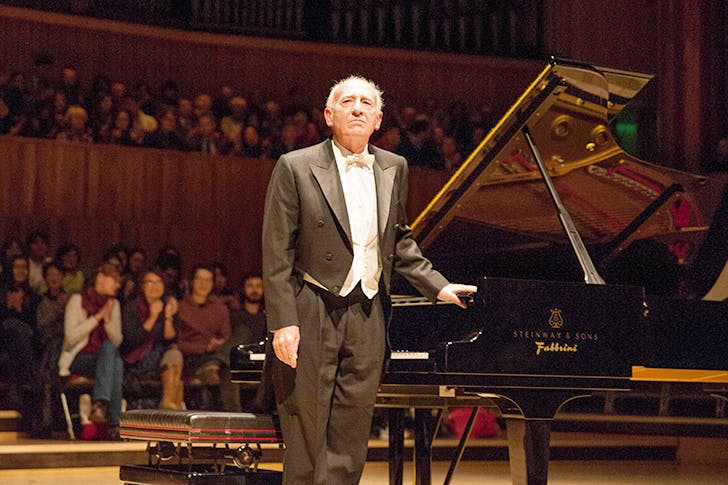

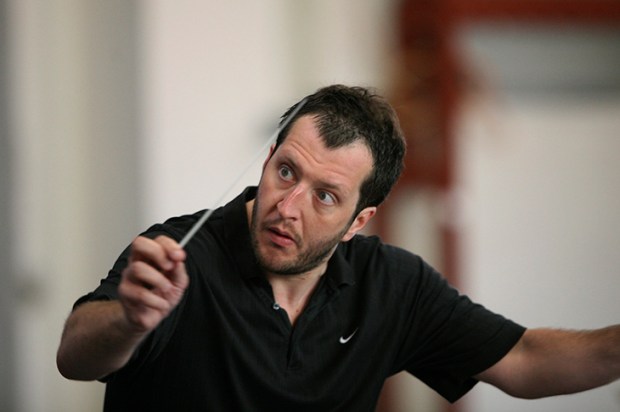
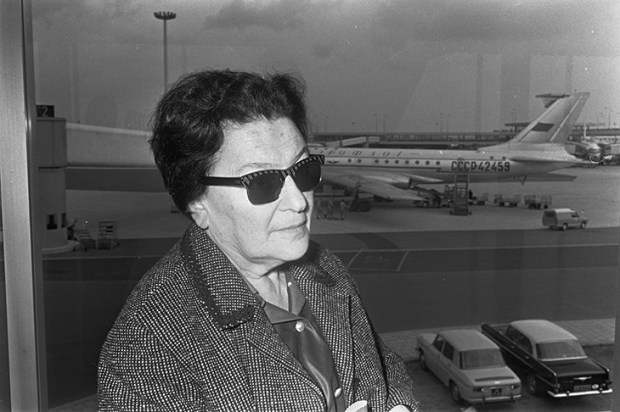
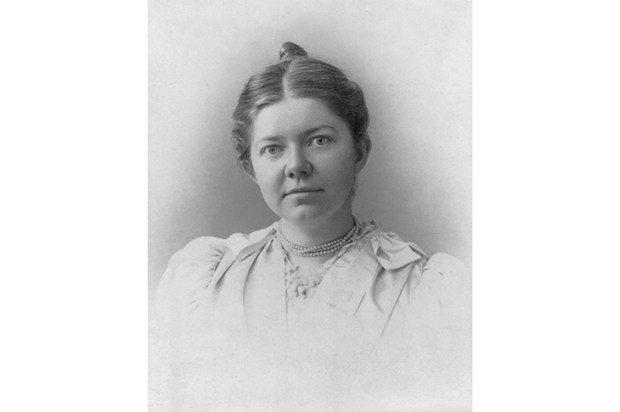
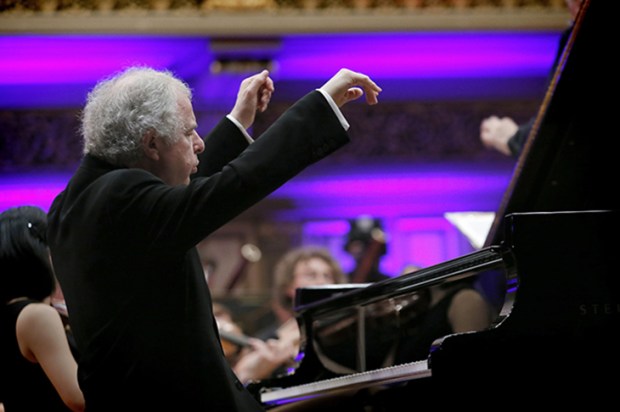
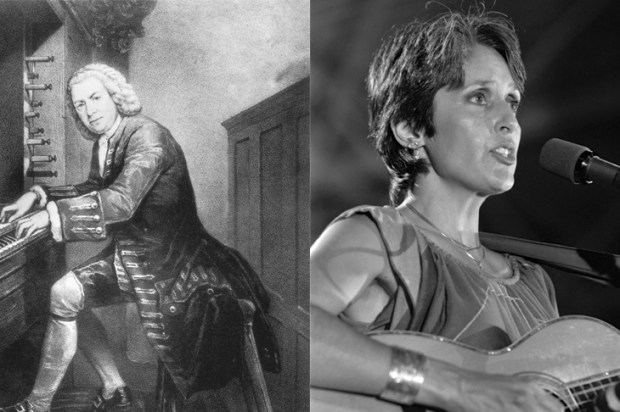






Comments
Don't miss out
Join the conversation with other Spectator Australia readers. Subscribe to leave a comment.
SUBSCRIBEAlready a subscriber? Log in